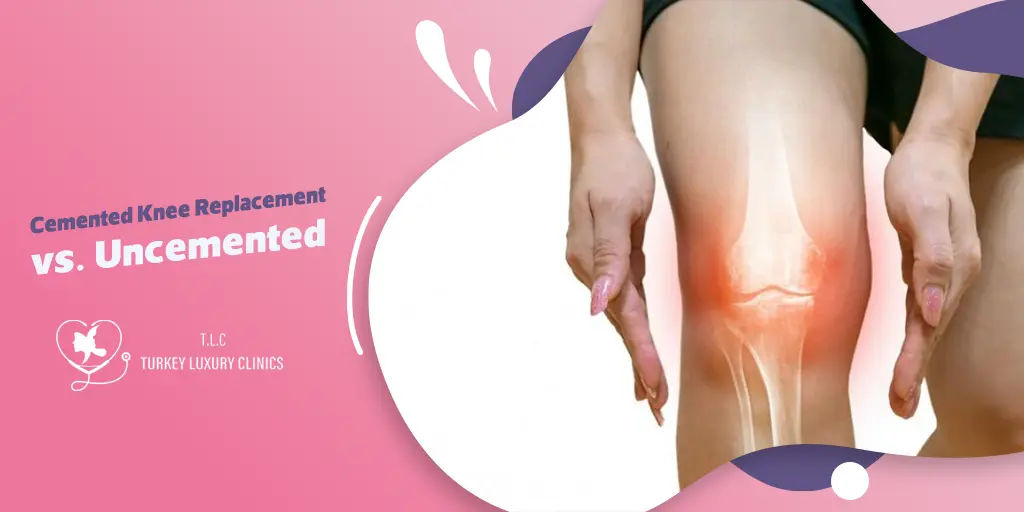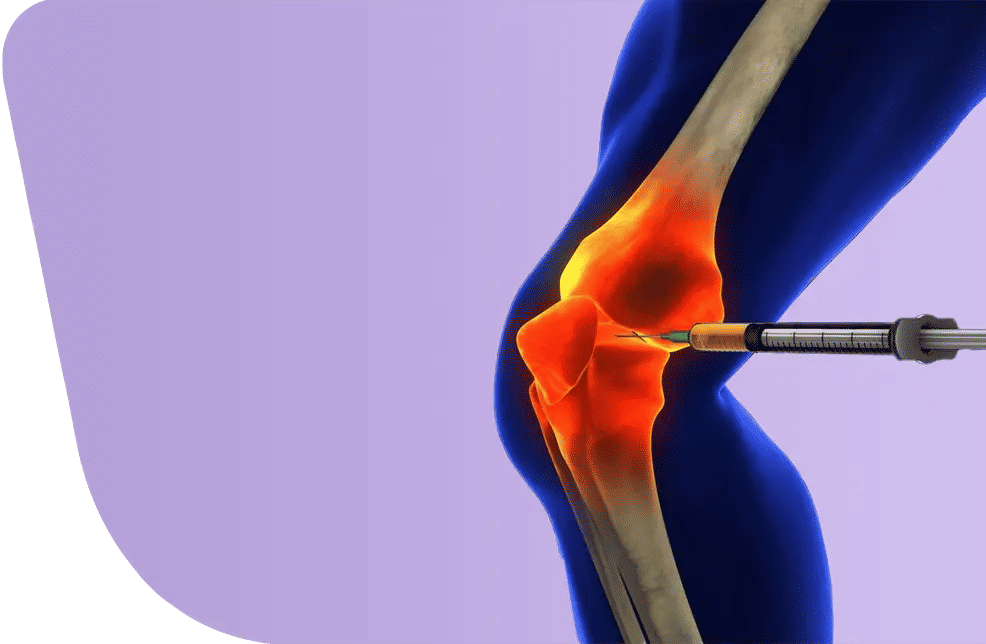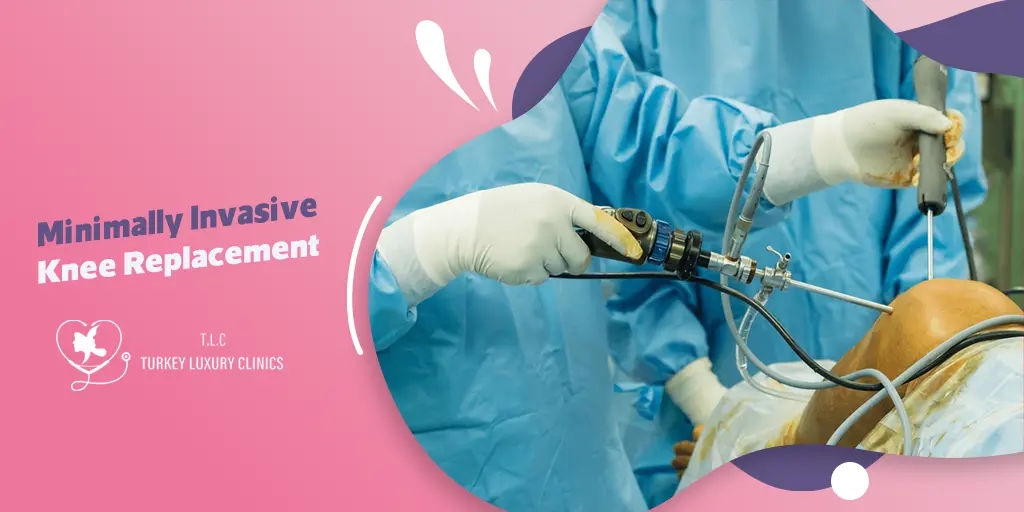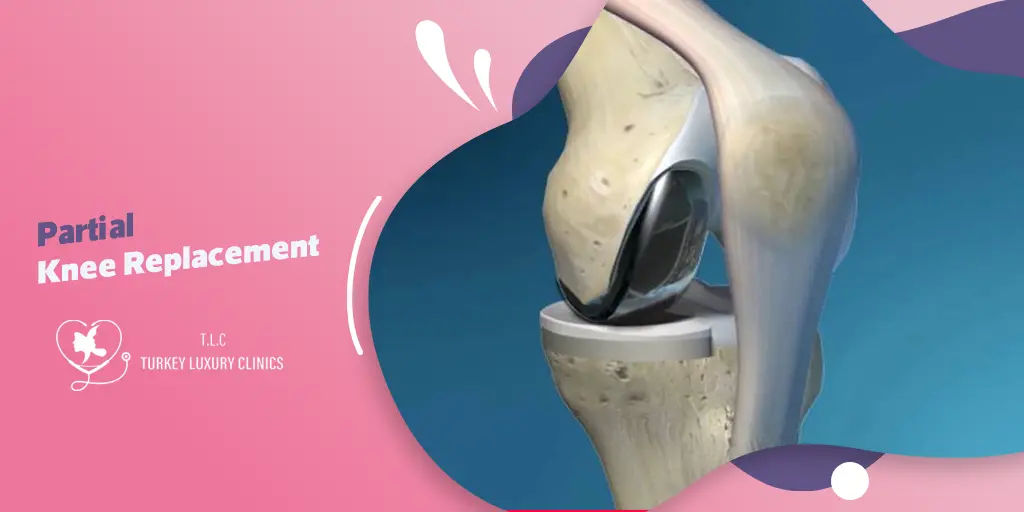- - When Is Knee Replacement Recommended?
- - Cemented Implants
- - Advantages of Cemented Implants
- - Potential issues with Cemented Implants
- - Uncemented Implants
- - Advantages of Uncemented Implants
- - Potential Issues with Uncemented Implants
- - What type of implant is the best fit for you?
- - Key Takeaways
Knee replacement surgery is the solution for patients with arthritis who are unable to perform everyday activities. In a knee replacement procedure, the damaged portions of the knee joint are removed and replaced with prosthetic components.
In the past, prosthetics were held in place with bone cement. But thanks to some advances in implant technology, knee implants can now be placed without cementing them into place. The great thing about this implant is that it has a textured surface which encourages bone growth. This means that it is fixed to the bone very securely.
Both cemented and uncemented knee implants are used for knee replacements. The best option for you will depend on your individual needs.
When Is Knee Replacement Recommended?
It would be fair to say that osteoarthritis is the most common cause of requiring a total knee replacement. This is a degenerative joint disease where the protective cartilage around your joints wears down, leading to bone-on-bone contact and, eventually, pain, swelling and stiffness in the joint. There are other reasons for knee replacement, like rheumatoid arthritis or post-traumatic arthritis.
Many orthopedic surgeons start with non-surgical treatment methods, which include:
· Physical therapy
· Anti-inflammatory medications
· Cortisone injections
· Weight loss
· Activity modification (reducing high-impact activities)
However, if these approaches don't help you or if your condition gets worse, it may be the time to consult a surgeon for a total knee replacement.
Cemented Implants
In the UK, over 100,000 total knee replacements (TKRs) are performed annually, with approximately 95% of all primary TKRs utilizing cemented fixation.
Cemented implants are fixed into place with quick-drying bone cement that bonds the patient's natural bone with the prosthetic. The vast majority of knee implants are cemented implants, which is great news for anyone who needs one!
Advantages of Cemented Implants
Cemented knee implants have a long history of successful use, demonstrating their effectiveness over the long term. The average lifespan of a cemented implant is 10 to 20 years or more. The cement dries rapidly, ensuring the implant is securely in place upon completion of the surgical procedure.
Cemented implants may be a preferable choice for patients with compromised bone quality due to conditions such as osteoporosis. In such cases, the bone may not be able to provide adequate support for the implant to remain stable. Furthermore, cemented implants are frequently recommended for older, overweight patients with limited mobility.
Potential issues with Cemented Implants
It is possible that the bone cement used to secure the implants may deteriorate due to stress on the joint over time. Although the failure rate of metal prosthetics is relatively low, there is a possibility for loosening if the cement deteriorates. In the event of implant loosening, a revision procedure may be required.
On the other hand, researchers are trying to determine whether age can lead to longer or shorter lifespan for cemented implants. Recent research indicates that cemented knee replacements in younger patients may not have the same longevity as those in older patients. This is due to the increased activity and demand placed on the implants and cement, which may lead to premature loosening.
Finally, the breakdown of the bone cement may also result in the release of debris, which has the potential to irritate the surrounding tissues of the joint. This can result in an inflammatory response within the body as it attempts to remove the debris. Eventually, this can result in a condition known as osteolysis, whereby the body begins to remove small fragments of bone around the implant. The process of osteolysis results in the weakening of the bone, which in turn causes further loosening of the knee implant.
Uncemented Implants
Cementless knee implants (also called press-fit knee implants) have a rough, porous surface that encourages the growth of new bone. The new bone fuses with the implant, holding it in place without the need for cement.
The bones in the knee are shaped using special tools to make sure they fit perfectly with the implant. Sometimes screws or pegs are used to keep the prosthetic in place while the bone heals. Right now, uncemented implants are only available for total knee replacements.
Advantages of Uncemented Implants
Uncemented implants are designed to use the patient's natural bone to hold them in place. This means they're thought to last longer and form a more permanent bond with the patient's bones than cemented implants.
Since cement isn't needed for these implants, patients don't have to worry about potential complications from cement breakdown. On top of that, studies have shown that the short-term results are just as good as those of cemented implants.
Potential Issues with Uncemented Implants
Uncemented implants are a newer type of implant compared to cemented implants, so we don't yet have a lot of evidence to show how well they work long-term.
One more thing to note is that knee replacements with uncemented implants might need a bit more time to heal. It can take a while for new bone growth to be strong enough to hold the implant in place.
On another note, uncemented implants aren't recommended for patients with weaker bones due to factors like osteoporosis. The implants need to be secured in place, so strong, healthy bones are key for success.
On top of that, the knees are under a lot of stress from everyday activities, so tiny bits of debris can be created from the wear and tear on the implant. As with debris from bone cement, this can cause an inflammatory response that leads to osteolysis.
What type of implant is the best fit for you?
Turkey Luxury Clinics has a team of specialized orthopaedics and surgeons with a proven record of knee replacement surgeries. It's important to have a thorough examination and medical history to determine which type of knee replacement implant is right for you.
Key Takeaways
- According to the PMC, the use of cementless fixation in total knee replacement is as effective as the use of cemented fixation.
- Cementless total knee replacement surgeries are found to have small but significant differences in surgical revisions while compared to cemented total knee replacement (Science Direct).
- At Turkey Luxury Clinics, our surgeons will provide you with a comprehensive consultation to determine whether cemented or uncemented total knee replacement is the optimal choice for your individual needs.














.webp)
.webp)
.webp)
.webp)

